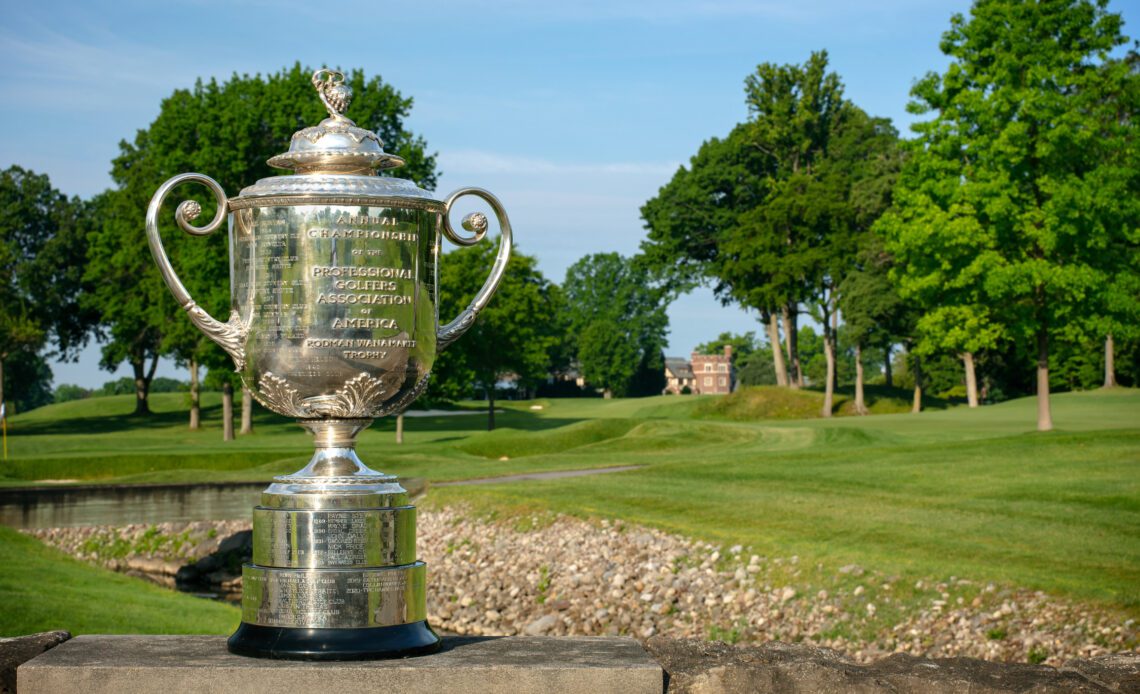Every Major has characteristics that make it distinct, from the relatively small fields of The Masters to the difficulty of the courses in the US Open. However, despite having the largest field, the PGA Championship is the only Major that doesn’t invite amateurs.
But why is that? There’s a clue in the name. To receive an invite to the PGA Championship, the player needs to be a member of the PGA of America, which hosts the tournament.
The PGA of America was established in 1916 and largely comprises club and teaching professionals, and is not to be confused with the PGA Tour, which was formed in 1968 to administer professional golf tours. The acronym PGA stands for Professional Golfers’ Association, hence there is no invite for amateurs in the tournament.
Despite the lack of amateurs in the tournament, some players who receive invites are less familiar than those on the main circuits who reach the tournament. That’s because the 20 low scorers in the previous PGA Professional Championship are invited. The tournament is for golf professionals and teachers who are members of the PGA of America, so even though they may not be household names, they are not amateurs.
While amateurs don’t receive invites to the tournament, though, there are technically ways for them to qualify.
Winners of one of the other three Majors secure an exemption for five years, so if an amateur achieves that, he will qualify. Another avenue is to win a PGA Tour event while playing under a sponsor’s exemption, which ensures qualification for the next tournament. Finally, any player in the world’s top 100 before the tournament typically qualifies. Technically, although highly unlikely, that could include an amateur.
Still, the chance of an amateur teeing it up in the tournament is slim. For example, the last amateur to win a Major was Johnny Goodman, who claimed the US Open title way back in 1933. However, even with that achievement, he never played in the PGA Championship.
So, what other ways are there to qualify for the PGA Championship? There are several other avenues, including being a former champion, which, like The Masters, ensures a lifetime exemption. Players can also qualify if they finished in the top 15 of the previous year’s tournament, while the winner of the Senior PGA Championship is also invited.
Generally, though, if you’re an amateur, the PGA Championship is the one Major you’re highly unlikely to ever have a chance of playing.
..
Click Here to Read the Full Original Article at Golf Monthly RSS Feed…
